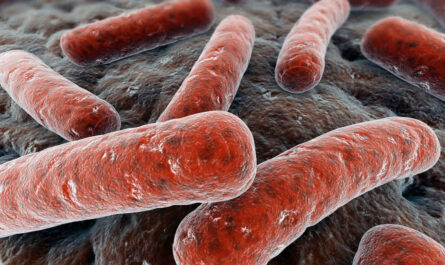An important challenge in genomic research is the lack of diversity in large-scale studies, hindering our understanding of how pathogenic variants affect different populations. To bridge this gap and advance precision medicine for all groups, the National Institutes of Health’s All of Us Research Program is collecting health data, including whole-genome sequences, from over 1 million individuals of various backgrounds. Shedding light on this issue, a study led by researchers at Baylor College of Medicine’s Human Genome Sequencing Center delved into the prevalence of pathogenic variants among different ancestral groups within a cohort of nearly 100,000 All of Us participants. These enlightening findings have been published in the journal Communications Biology.
The research focused on 73 genes that carry actionable findings linked to diseases like hereditary breast cancer and cardiovascular conditions, many of which are included in the All of Us program’s risk assessment results for hereditary diseases provided to all participants.
The study disclosed that individuals of European ancestry exhibited the highest rate of pathogenic variation, with 2.26% of participants bearing such variants. In comparison, the African ancestry group showed a 1.62% rate of pathogenic variation, while the Latino ancestry group had a rate of 1.32%. Notably, pathogenic variants were most prevalent in genes associated with breast and ovarian cancers, as well as high cholesterol.
Lead author Dr. Eric Venner, associate professor at Baylor’s Human Genome Sequencing Center, highlighted that observed disparities in pathogenic variant frequencies across ancestral groups may stem from historical data collection biases. However, some variations might hint at differences in disease prevalence, necessitating further exploration. Understanding the genetic risk profiles within populations can refine the targeting of genetic testing for these variants.
Senior author Dr. Richard Gibbs, director of the Human Genome Sequencing Center at Baylor, emphasized that while genetic health data disparities are recognized but not finely tuned, this study enriches our comprehension of the role of ancestry in clinical genetic applications.
This study’s findings align with three other articles published in Nature journals, which present additional insights from the NIH All of Us Research Program. In one study, researchers discovered over 275 million previously unknown genetic variants from data contributed by nearly 250,000 program participants. Another publication in Nature Medicine discussed the enhancement of existing polygenic risk scores for ten chronic diseases utilizing health records and ancestrally diverse genomic data from the All of Us Research Program. Finally, a Commentary in Nature Medicine explores how the All of Us initiative aims to democratize precision medicine across the broad spectrum of the U.S. population to enhance health outcomes for all.
*Note:
1. Source: Coherent Market Insights, Public sources, Desk research
2. We have leveraged AI tools to mine information and compile it



